McDonald’s has finally unveiled some of the first outdoor executions of its everyman-focused London 2012 activation called ‘We All Make The Games’.
Unlike most of sponsors, McDonald’s has waited much longer before launching its campaign. Perhaps to ensure that the fast food giant’s UEFA Euro 2012 sponsorship activation has enough breathing space of its own and avoids Olympic clutter.
This is its first major Olympic activation since its April ‘Masctotathon’ initiative (see previous case study).
The creative from some of its outdoor and press ads suggests the official restaurant and presenting sponsor of the Games has developed a campaign focused on special moments, personal stories and everyday people who make the Games happen.
The wider £10m campaign, developed by Leo Burnett (with media planning and buying handled by OMD), will roll out fully throughout July in the build up to the 27 July London 2012 opening ceremony.
As well as traditional outdoor, press and TV work (which debuts on channels from 11 July), the 10-week campaign will show personal stories via guerrilla film crews around the fan parks and throughout the city centre, documentary-style material, user-generated content, social media, as well as major outdoor sites such as its Piccadilly Lights London flagship space and the interior of its flagship Olympic Park restaurant.
Digital activity from Razorfish, set to be the brand’s most ambitious UK work yet in terms of reach and breadth, will use its Facebook page as a focal point for uploading and gathering together tweets, videos and posts to create user generated content about the Games. The best of this will be incorporated into further advertising.
There will also be a question-and-answer driven ‘mood’-o-meter’ on the company website as well as outdoor digital sites, reflecting the mood of the nation in real-time and encouraging everyone to play their own part in ‘making’ the Games.
Another key part of the leverage work is a mosaic design, created by The Marketing Store, featuring thousands of portrait photographs to create composite images of McDonald’s customers, employees, and some of the British farmers who supply ingredients for the McDonald’s menu.
‘The “We All Make the Games” campaign will capture people’s emotions, humour and experiences in real time, and we hope to become a barometer for the mood of the nation during the Games,” explains Alistair Macrow, vice-president marketing, McDonald’s UK.
In terms of structure, the campaign will run in three phases:
Stage 1: Before the Games
Outdoor and TV activity to encourage people to support volunteers involved in the Games such as Games Makers.
Stage 2: During the Games
“Guerrilla” film crews will film “the passion and emotion” of people watching the competition at official Fan Parks and city centres around the country. People will be invited to upload their own videos and photographs onto Facebook and the best content will be incorporated into TV advertising including its closing ceremony ad and outdoor advertising including the Piccadilly Lights in London.
Stage 3: Closing ceremony and after
Clips, images and comments gathered throughout London 2012 will be used to celebrate the people who all ‘made’ the Games after they conclude.
McDonald’s, which has been an IOC sponsor since 1968, says its objective for the initiative is to help reinforce what the brand is about in the UK.
Comment:
This campaign aims to capture people’s emotions, humour and experiences in real-time and perhaps even become a barometer for the mood of the nation during the Games.
Like BP’s latest wave of London 2012 activation, the McDonald’s work places emphasis on the people who make the games behind the scenes.
Perhaps this shared strategy is because the two brands share something in common: both are global giants working in industries that haven subject to serious media criticism in recent years.
So perhaps both are using an ‘everyman’ and ‘user generated’ approach to avoid being seen as a bland global entity and communicate around the human side of the brand by focusing on the unheralded, behind-the-scenes everyman heroes who make the Games work.
Macrow himself has already been very public in hiss repudiation of any criticisms levelled at the brand questioning McDonald’s sponsorship of the Games for encouraging children to eat foods high in fat and sugar.
He has also claimed that no other restaurant brand could handle the requirements of being the tournament’s official restaurant as the IOC require a partner that can both setup an operation on an unprecedented scale and guarantee high quality food with a high standard of food safety that is appealing and affordable to a wide population.
‘We want to demonstrate the great customer service and great food we offer to hundreds of thousands of people. We want to continue the journey that the brand is been on, celebrate our role in British life – that people are welcome everywhere anytime day or night,’ says Macrow. ‘We see ourselves as the people’s restaurant and what is being seen as the people’s games.’
The campaign will enable us to thank some of the 17,500 British and Irish farmers who supply our menu and have provided ingredients for London 2012, our 2,000 employees who have won the chance to work at the Games, and the 70,000 Games Makers. McDonald’s restaurants are an involved part of nearly every British town and city.
It’s a trusted position we cherish, and creating a genuine dialogue with our customers – whether in our restaurants or through our digital channels – sits at the heart of everything we do.’
Links:

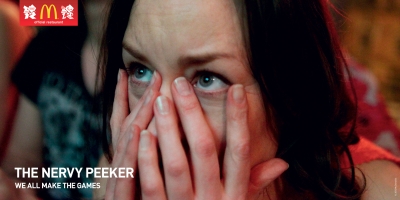




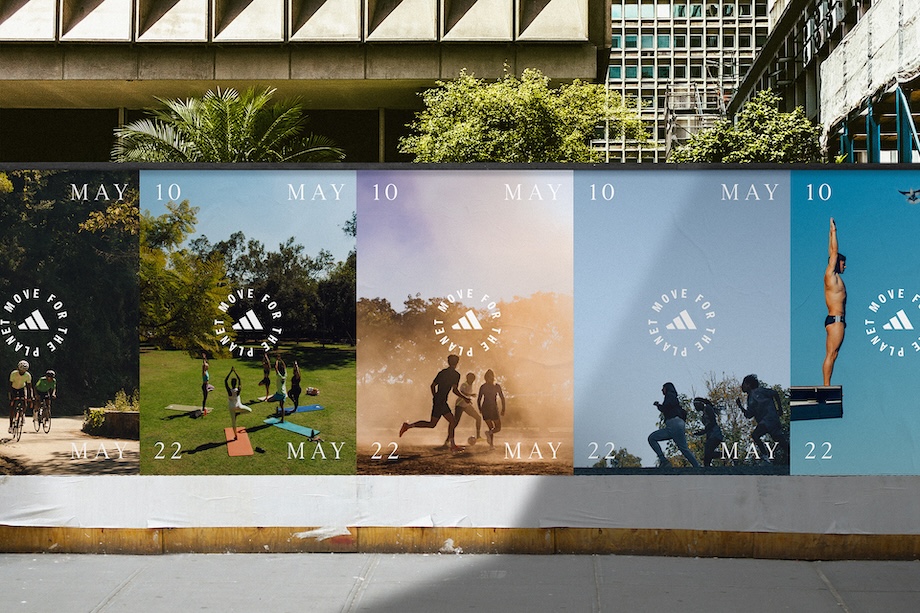
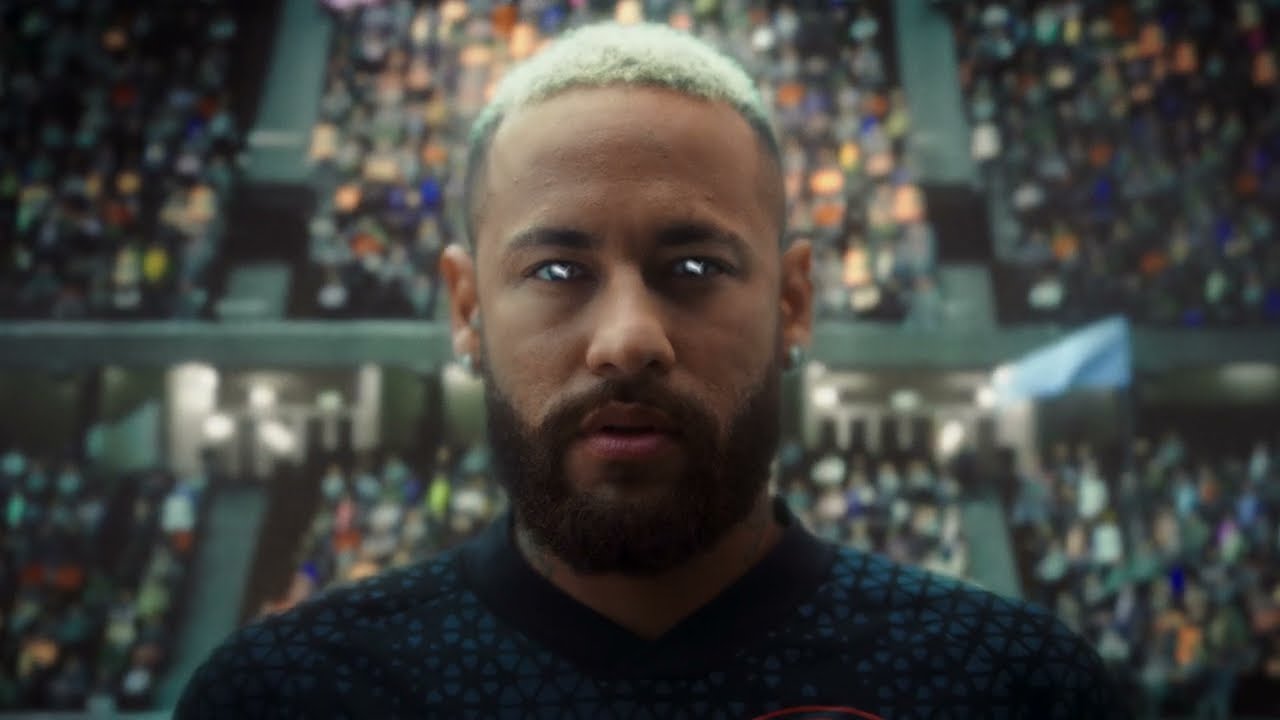

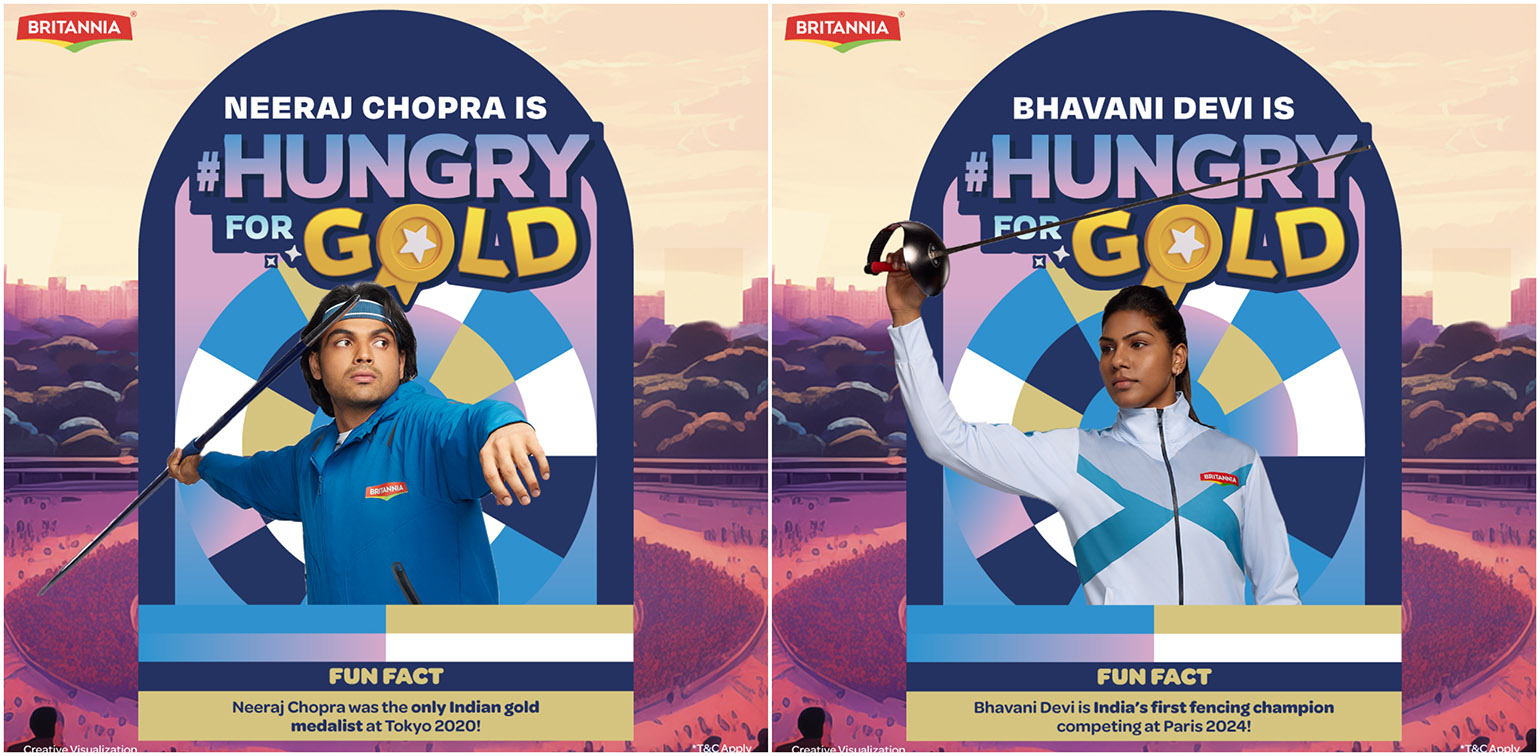
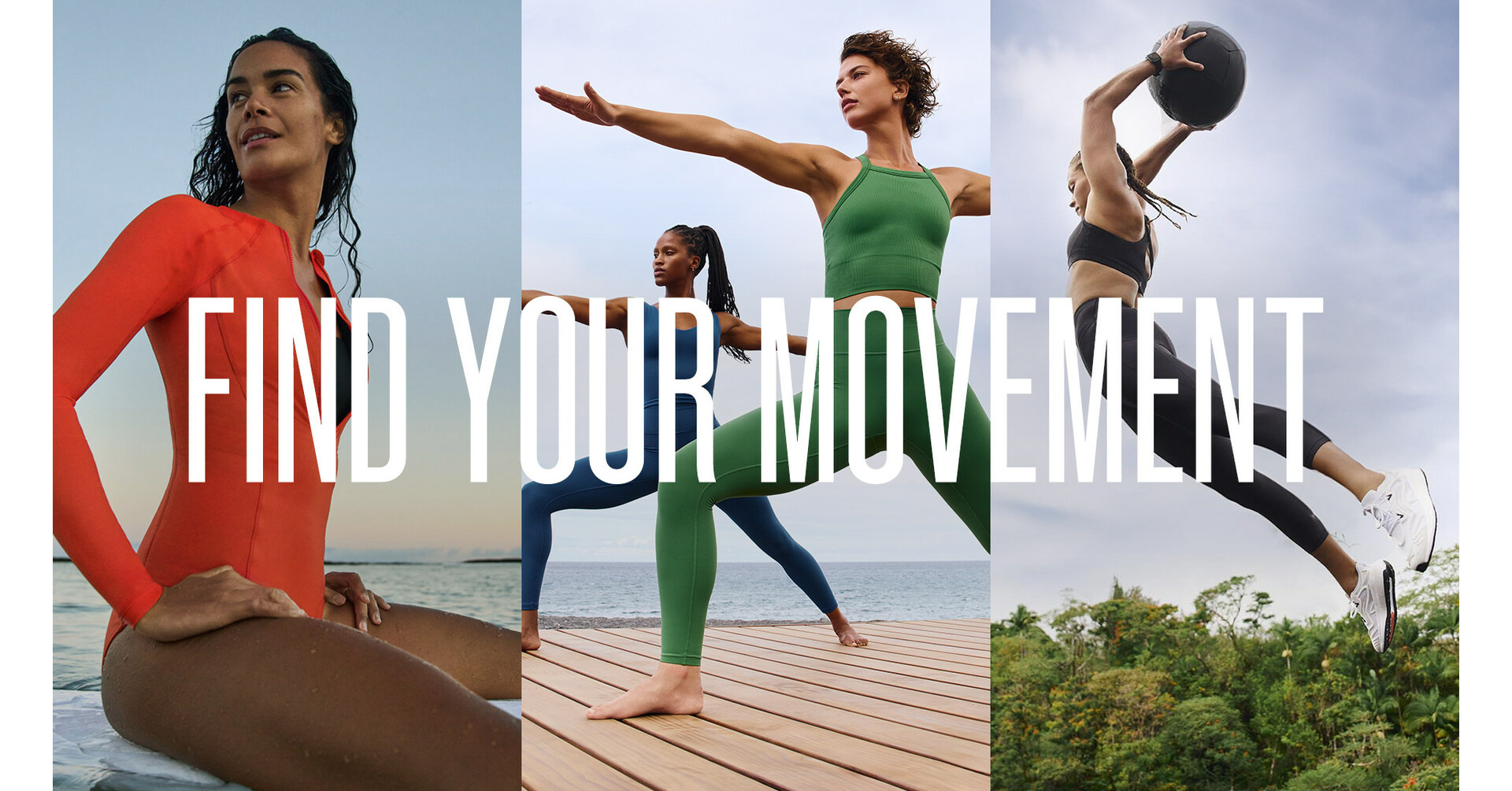
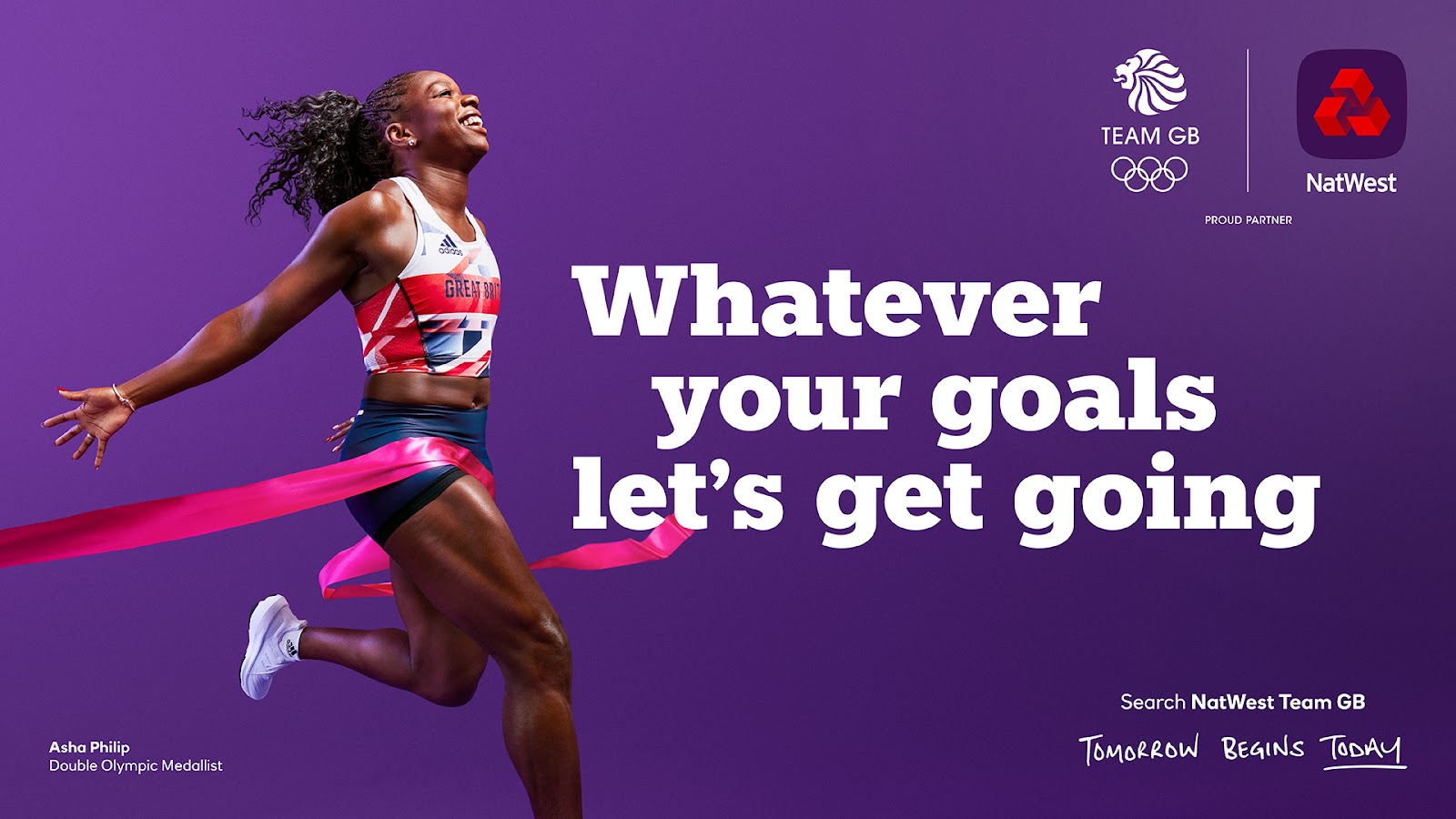
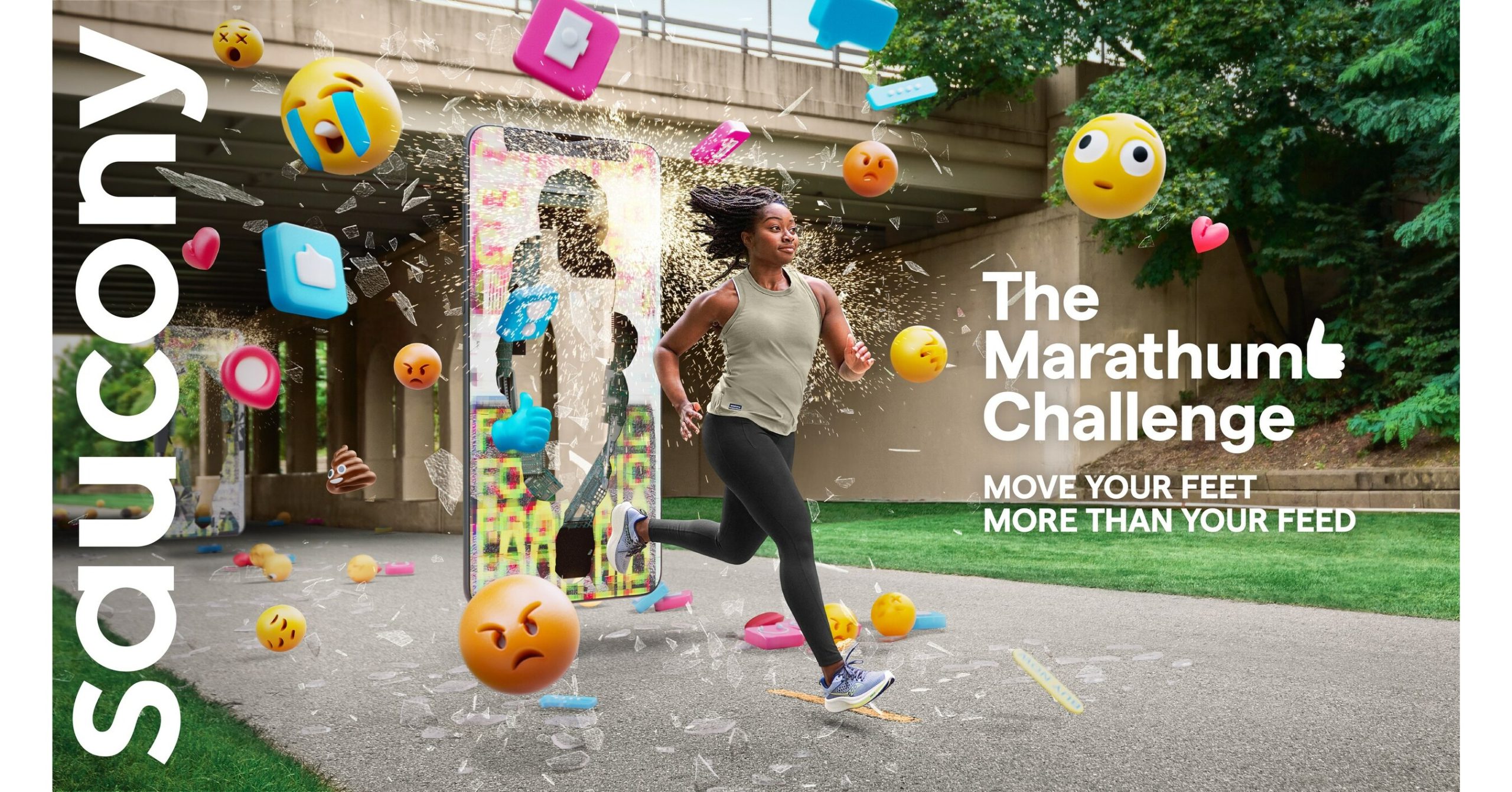








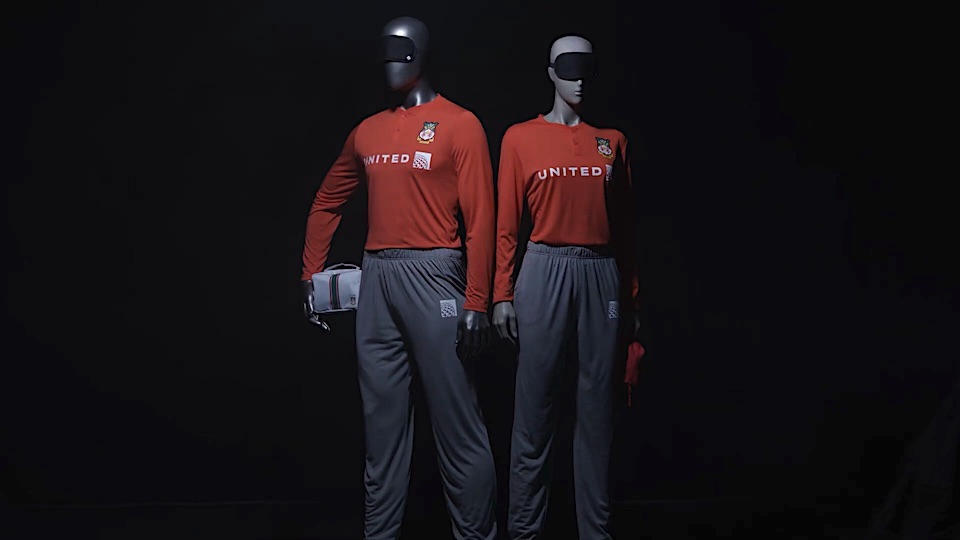

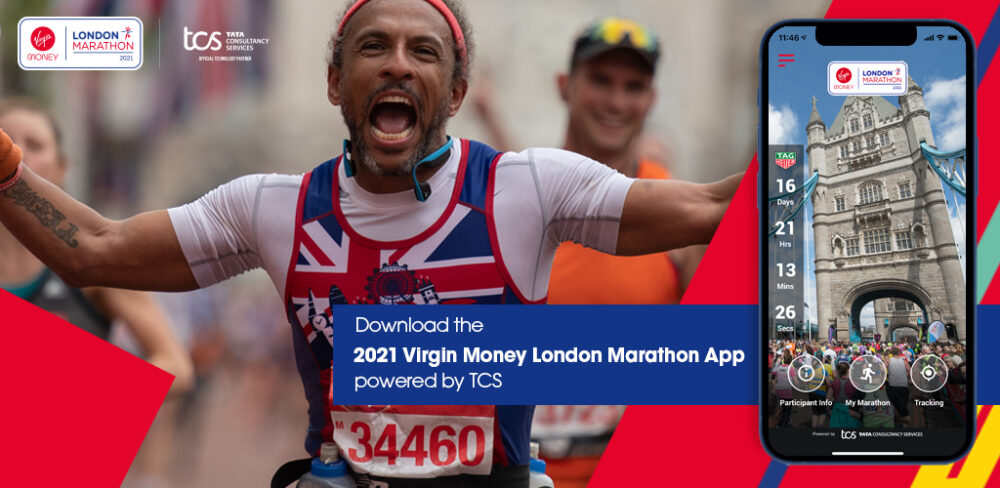
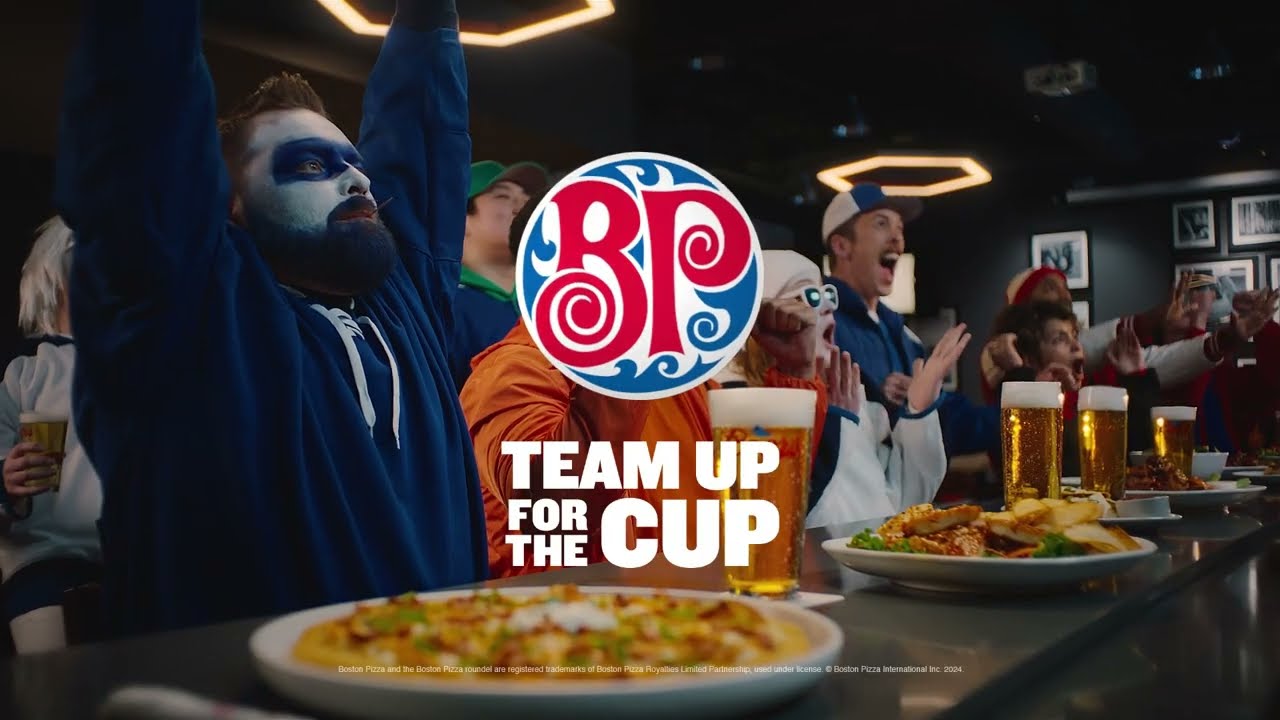
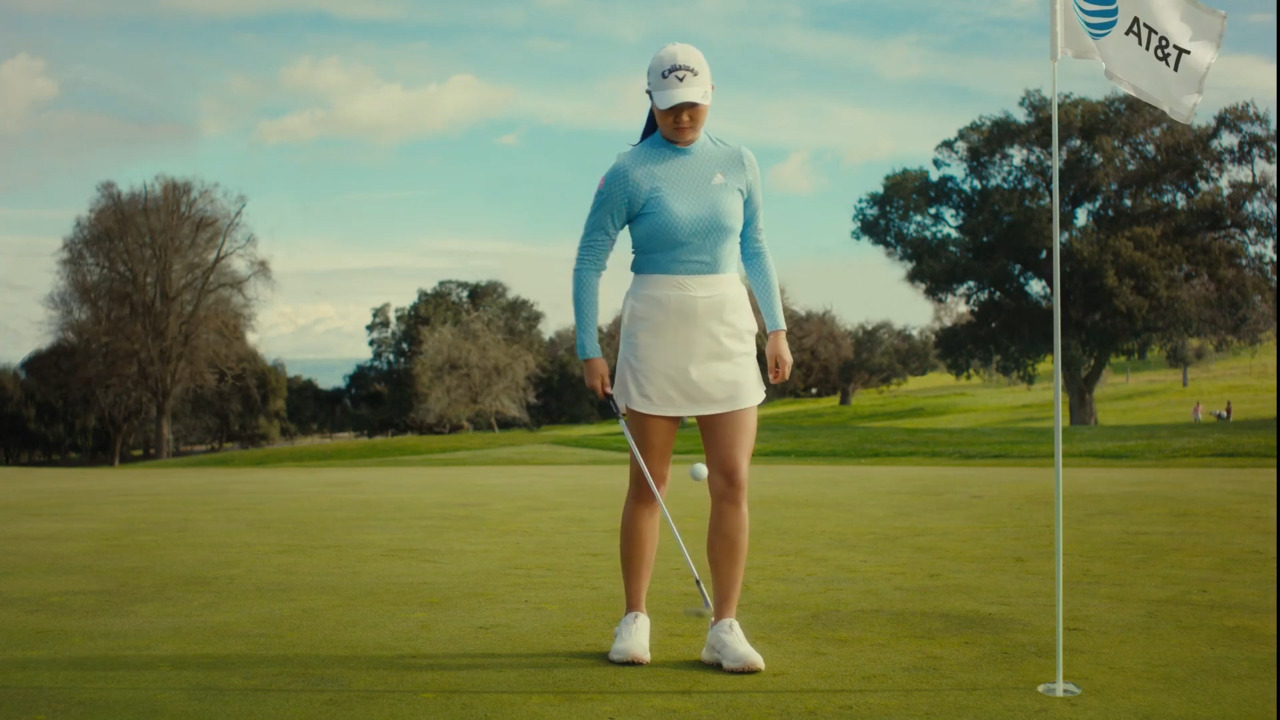
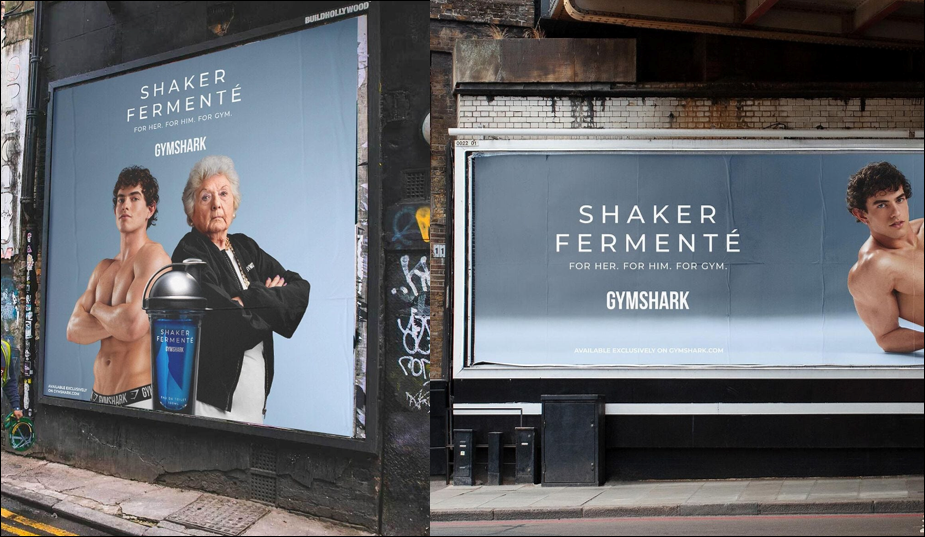
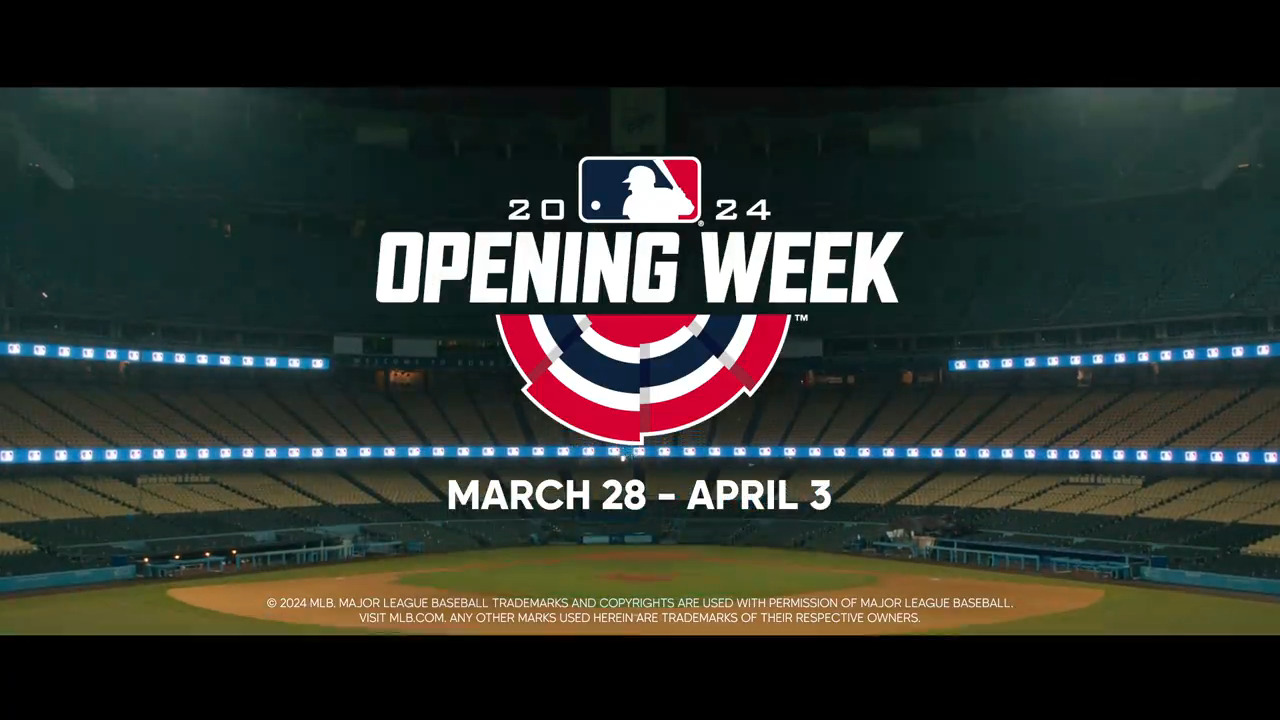
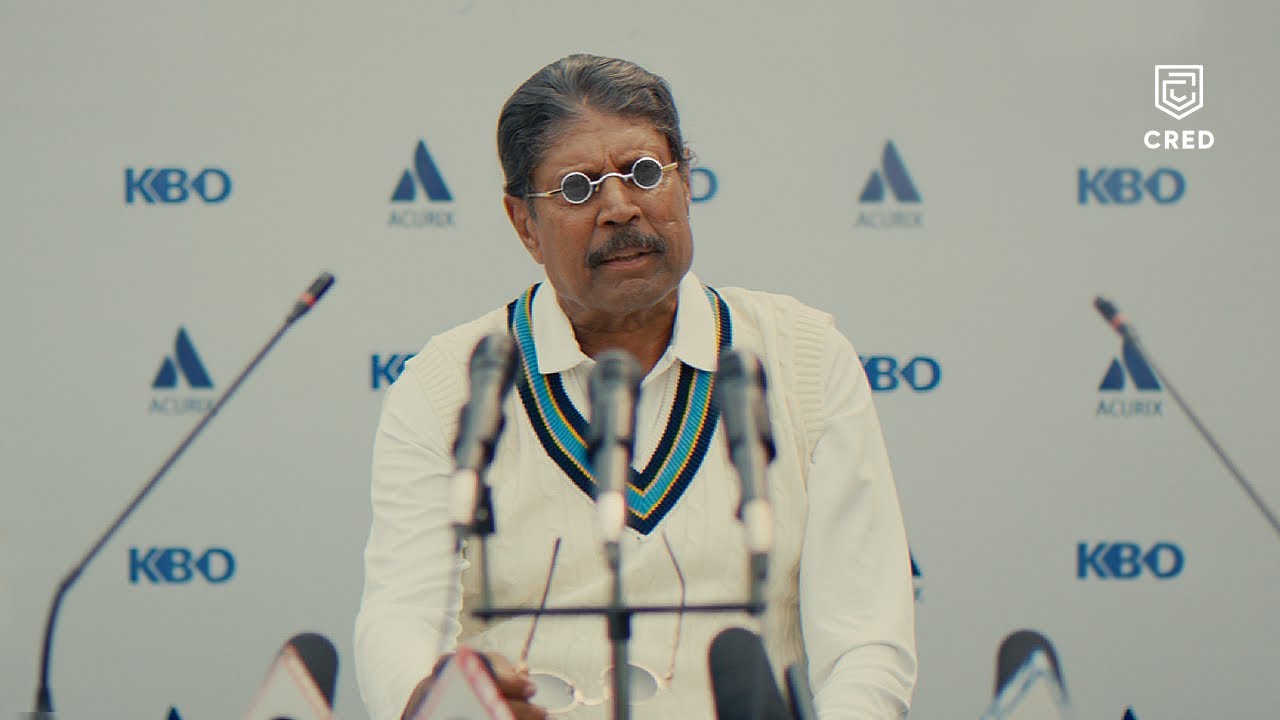
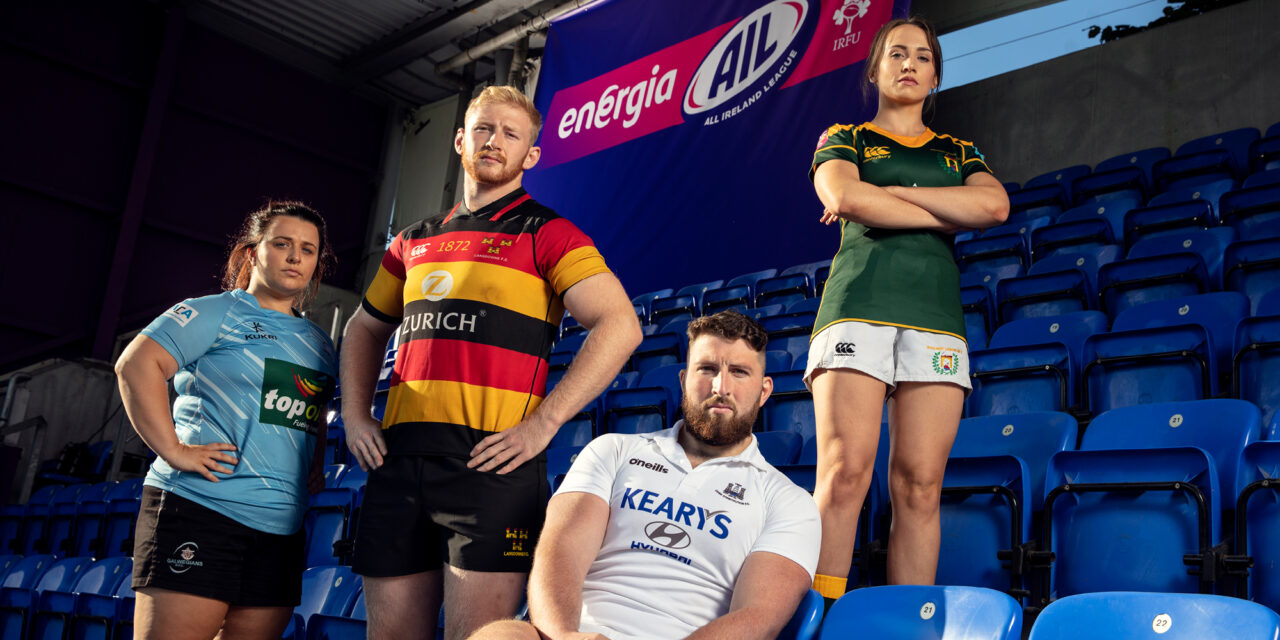

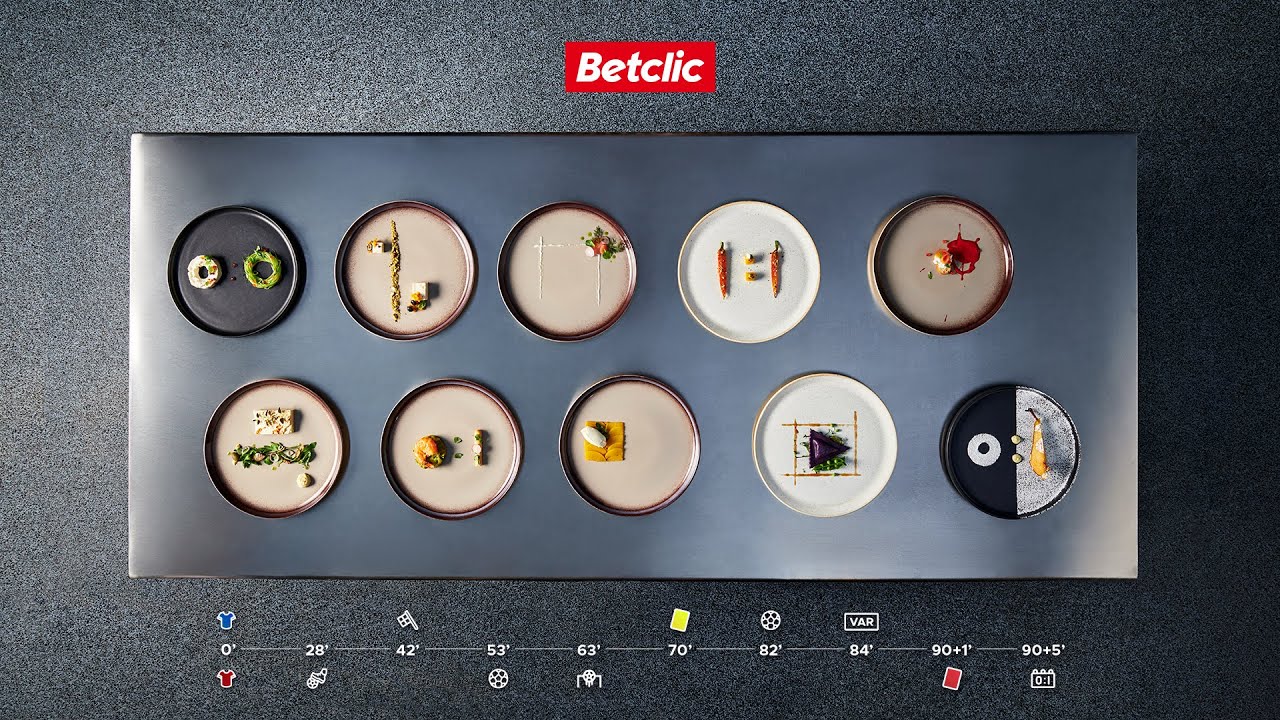

Leave a comment
You must be logged in to post a comment.